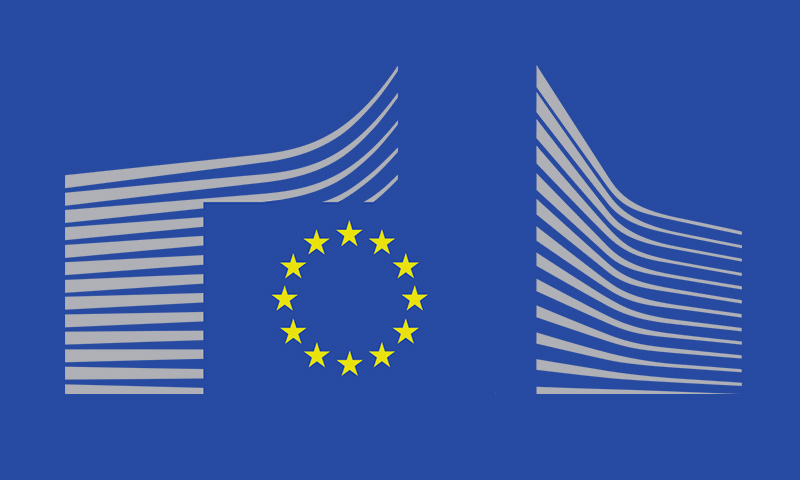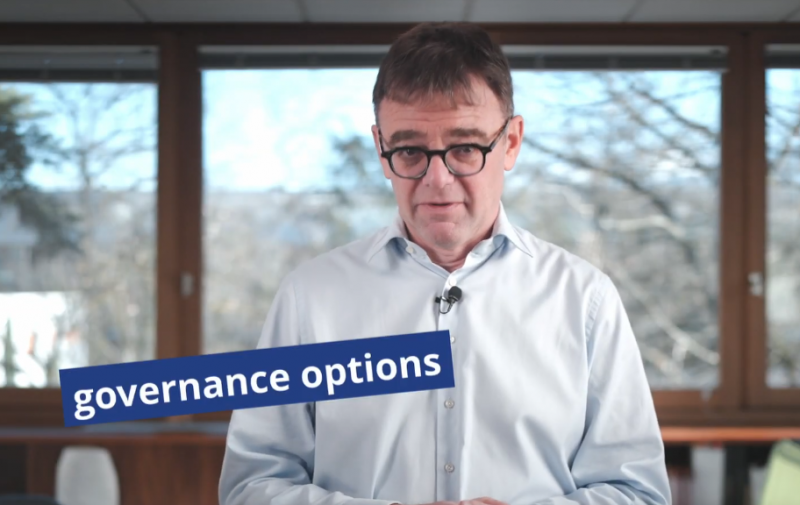
After the Horizon 2020 Program
The Horizon 2020 program logically comes to an end in December 2020. Thankfully, the EU Commission began preparation for a replacement program, named “Horizon Europe” some time ago.
Following a common understanding reached between the European Council (representing the member states) and the European Parliament, the Commission began detailed preparations for Horizon Europe, in time for its launch on 1st January 2021.
Although Horizon Europe is often presented as the successor to Horizon 2020, there are many differences between the two programs. Horizon Europe has been conceived and then structured to take account of perceived weaknesses to the predecessor program. Horizon Europe also responds to current and future needs in the 2021 – 2027 timeframe, that did not exist when Horizon 2020 was being set up.

We propose to review some of the new features of Horizon Europe.

- A dedicated one-stop shop for non-bankable innovative projects requiring funding: the European Innovation Council
- More visible, more useful funding through the definition of Research and Innovation (“R&I”) missions
- Cross-organizational cooperation to avoid silo funding, and duplication of initiatives
- Encouraging greater sharing of information from EU-funded R&I projects
- A new approach to funding R&I partnerships, leveraging private capital with EU funding
- Spreading excellence
Comment: the infrastructure and organisations of people to translate these ideas into reality are currently being built. The EIC is staffed and operational; the finer, operational detail of its funding processes is work-in-progress. National Points of Contact for outreach of the Horizon Europe programs are in place. Knowing whether other objectives have been partially or fully reached will likely depend on developing relevant KPIs. These may well see the light of day after the initial implementation strategy (published 29 April, 2020) and the Work Programme (2021 – 2022, to be published) have been fully assimilated.

- Pillar 1 “Excellent Science” deals with fundamental research activities. It will receive about €25B of funding over the program lifetime
- Pillar 2 “ Global Challenges and European Industry Competitiveness” defines a number of priority R&I areas for funding (budget is set at €52B):
- Health
- Culture, Creativity and Inclusive Society
- Civil Security for Society
- Digital, Industry and Space
- Climate, Energy and Mobility
- Food, Bioeconomy, Natural Resources, Agriculture and Environment
- Pillar 3 “Innovative Europe” groups two institutions, the European Innovation Council, and the European Institute of Innovation and Technology, together with other European innovation ecosystems. Innovative Europe has a €13.5B budget.

Behind the high level identified areas for funding, specific mission areas are being scoped out. These include: Cancer, Soil health and food, Climate-neutral and smart cities, Healthy oceans, seas, coastal and inland waters, Adaptation to climate change, including societal transformation.
Comment: as the landscape of areas for funding, and more result-oriented subjects comes into focus, applicants for EU funding through Horizon Europe will be able to come to a preliminary view on the chances of their R&I project being fundable.

Welcome news to all project coordinators: the model grant agreement (MGA) will be simplified in several ways so that financial control and reporting is less time-intensive. “Better control, not more control” is the message. On the subject of IP publication, it remains to be seen how the Horizon Europe “open science policy” objective will be translated into both the Grant Agreement and the terms of Consortium Agreements.

Horizon Europe is unquestionably more focused than its predecessor program on objectives, results, and impact for research and innovation in Europe. The future of the EU’s industry, its job base, its laboratories and its environment are to some degree dependant on the success of the new program. It must therefore be hoped that the July 2020 budget cut (- €13.5B) in response to the COVID-19 urgency does not critically weaken the three pillars on which the Horizon Europe rests.

